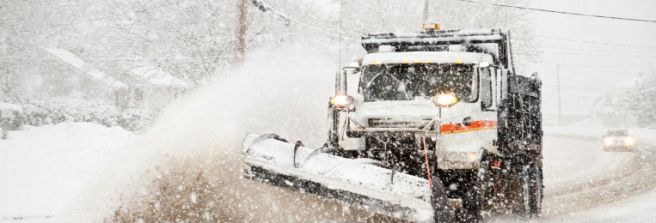Summer is finally here and many of us will travel, grill delicious food and cool off in the pool or at the beach. The Red Cross wants everyone to enjoy the summer and be safe at the same time, so we are offering these 20 safety tips people should follow.
DRIVING SAFETY
- Be well rested and alert, use seat belts, observe speed limits and follow the rules of the road. Clean your headlights and turn them on as dusk approaches or in inclement weather.
- Don’t drink and drive. Have a designated driver available.
- Give your full attention to the road. Avoid distractions such as cell phones.
- Use caution in work zones. There are lots of construction projects underway on the highways.
- Don’t follow other vehicles too closely.
WATER SAFETY
- Ensure that everyone in the family becomes water competent. That is, learn to swim well, know your limitations and how to recognize and avoid hazards, and understand how to help prevent and respond to emergencies around water.
- Adults should actively supervise children and stay within arm’s reach of young children and newer swimmers. Kids should follow the rules.
- Fence your pool in with four-sided fencing that is at least four-feet in height and use self-closing, self-latching gates.
- Wear your U.S. Coast Guard-approved life jacket always when on a boat and if in a situation beyond your skill level.
- Swim as a pair near a lifeguard’s chair – everyone, including experienced swimmers, should swim with a buddy in areas protected by lifeguards. If in a location with no lifeguards, such as a residential pool, designate a “Water Watcher” to keep a close eye and constant attention on children in and around the water.
BEACH SAFETY
- If you plan to swim in the ocean, a lake or river, be aware that swimming in these environments is different than swimming in a pool. Be sure you have the skills for these environments.
- Swim only at a beach with a lifeguard, within the designated swimming area. Obey all instructions and orders from lifeguards and ask them about local conditions.
- Make sure you swim sober and that you always swim with a buddy. Know your limitations and make sure you have enough energy to swim back to shore.
- Protect your neck – don’t dive headfirst. Walk carefully into open waters. Watch out for and avoid aquatic life.
- If you are caught in a rip current, try not to panic. Signal to those on shore that you need assistance. Swim parallel to the shore until you are out of the current. Once you are free, swim toward shore. If you can’t swim to the shore, float or tread water until you are free of the rip current and then head toward shore.
GRILLING SAFETY
- Always supervise a barbecue grill when in use. Don’t add charcoal starter fluid when coals have already been ignited.
- Never grill indoors – not in your house, camper, tent or any enclosed area.
- Make sure everyone, including pets, stays away from the grill.
- Keep the grill out in the open, away from the house, deck, tree branches, or anything that could catch fire.
- Use the long-handled tools especially made for cooking on the grill to keep the chef safe.

